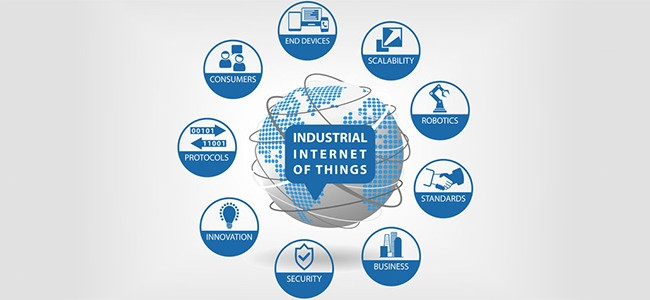
The Internet of things (IOT) in industry is driving a new revolution in manufacturing, but there are still a few challenges that need to be addressed, say experts.
According to Umesh Sita, head of IOT and digital supply chain for SAP Africa, many companies are still piloting use cases in industrial IOT. Those that have already gone live have created a competitive advantage for themselves, he adds. In order for industrial IOT to be deployed on a larger scale, the price of reliable devices and connectivity need to be made more affordable, notes Sita.
Similarly, Sarah George, ERP business development and strategy leader Africa for Oracle, notes industrial IOT is still in its inception stage. The full scale availability and the realisation of its full potential will be a reality by 2030 for most companies, especially in the manufacturing sector, she adds.
Meanwhile, Dawid Breed, technology leader for Deloitte Africa, says industrial IOT is globally showing an upwards trend in the adoption rate. The early adopters of industrial IOT have identified competitive advantages and new revenue channels, adds Breed. However, integration of information technologies and operational technologies, cyber security, skilled resources to implement and lack in architecture standards are stumbling blocks preventing growth of the technology, he says.
Keith Fenner, VP for Sage Enterprise Africa and Middle East, says early adopters of industrial IOT have recognised competitive advantages but these tend to be for single use cases, which is a good place to start for digital transformation.
There are still a few challenges that need to be addressed, including IT and operations integration, security concerns, technology standards, skills shortages, software capabilities, legacy technologies and corporate resistance to change, adds Fenner.
He says industries are always looking for ways to do things faster and more efficiently. Industrial IOT gives enterprises visibility into the entire production chain from a single interface, not just from a single factory or single production line - this helps them to better plan their resources and cut costs and waste, adds Fenner.
As great as this sounds, however, in SA, industrial IOT is not yet widely adopted in industries due to lack of skills, understanding as well as digital leadership, says Fenner. The inability of legacy enterprise resource planning software to provide a digital platform to build the new ecosystem to leverage IOT data is a challenge, he adds.
Industrial companies have always had some level of connected equipment but these have generally been accessed in silos and not integrated across the enterprise or even across the factory or facility, says George.
"Industrial companies need to modernise their environment; companies need to journey along the modernisation path by creating smarter factories or workplaces. The combination of robotics, machine-to-machine learning, artificial intelligence and cloud is poised to transform enterprise operations, industrial processes, and consumer services across many industry verticals."
Share